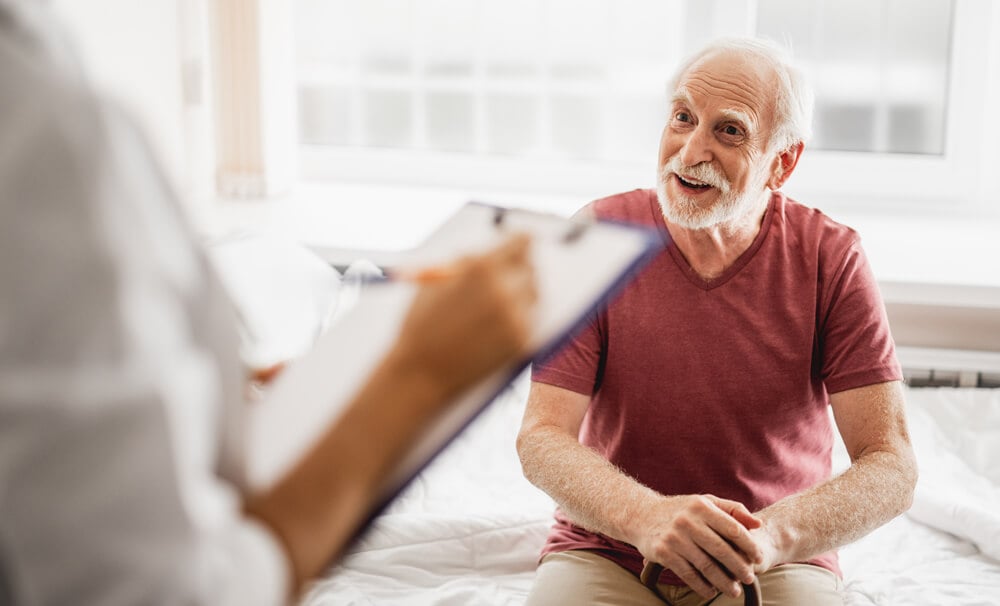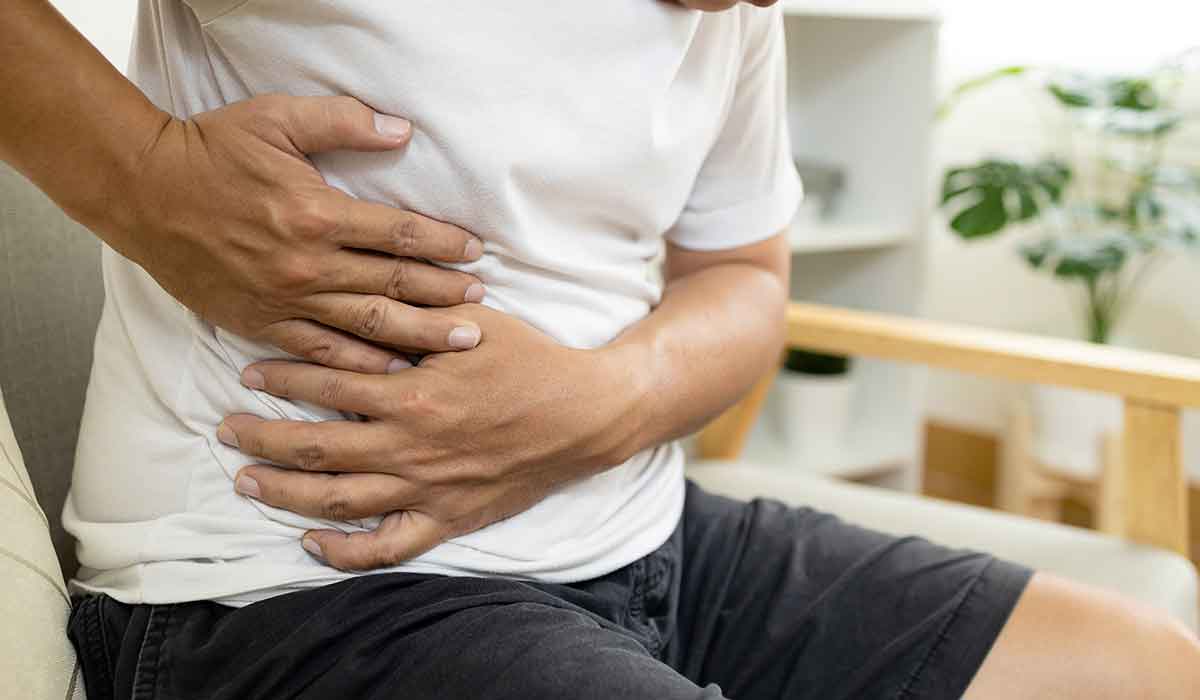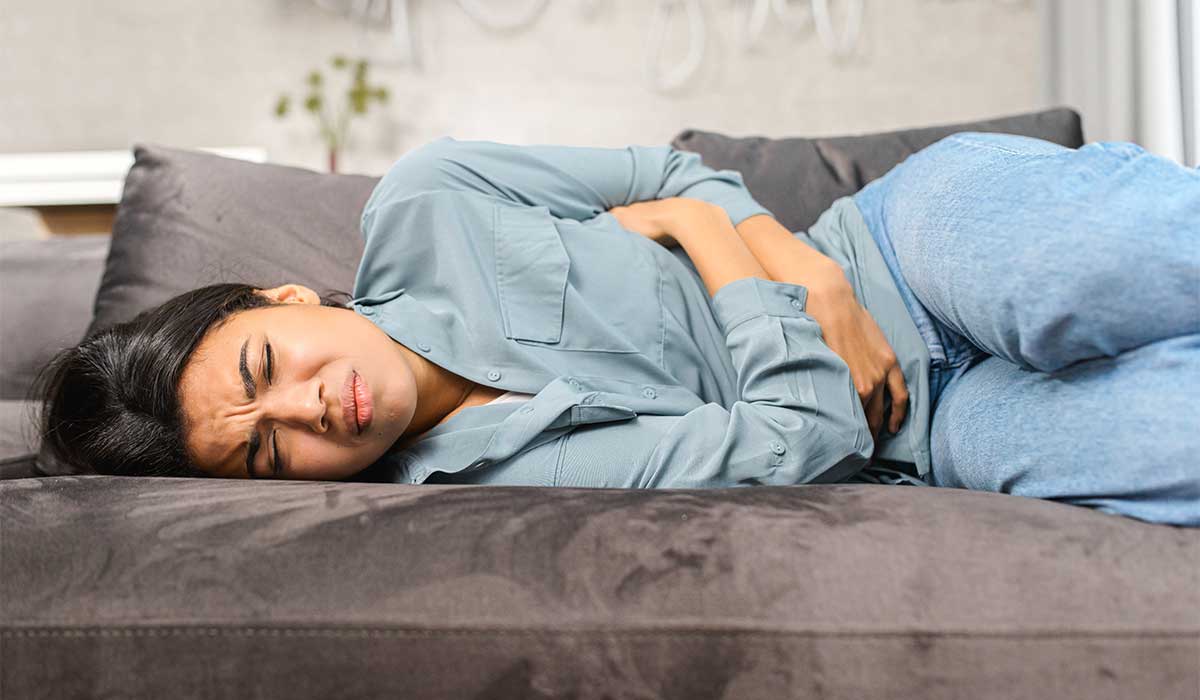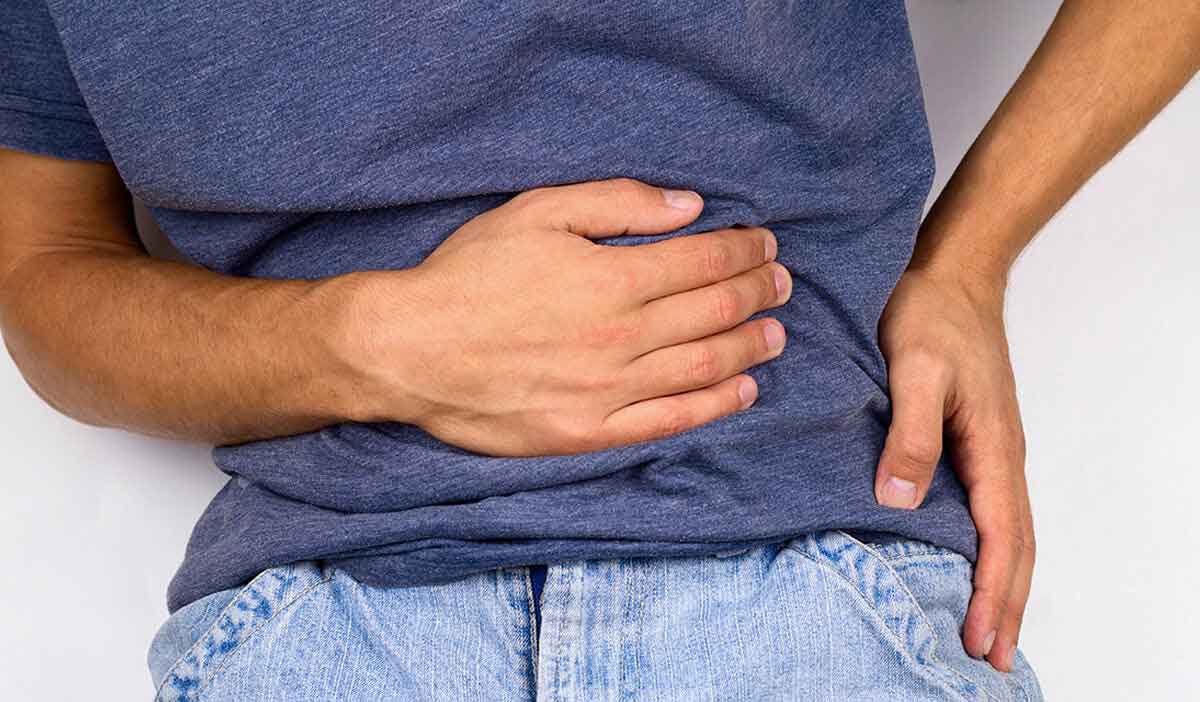Even though it’s a common cancer screening procedure, it’s completely normal to wonder about what will happen after you get a colonoscopy.
Find out why early detection is crucial for beating colon cancer
Most people between the ages of 50 and 75 will only need to get a colonoscopy once every five or ten years. Whether it’s your first time or it’s been a few years, here’s a primer on what to expect after a colonoscopy.

Colonoscopy aftercare FAQs
“What happens once the doctor finishes the colonoscopy?”
Colonoscopies are quick, generally taking around 20–30 minutes. Most patients “sleep” during the procedure because they are sedated to increase their comfort and aid in relaxation.
Unless you’ve chosen not to be sedated during your colonoscopy, the nursing staff will move you to a recovery area to rest comfortably until anesthesia medication you’ve been given wears off. This part of the recovery typically takes about a half-hour.
After this period, you’ll be free to go home under the care of a family member or a good friend for the first 24 hours.
Some patients report having only a vague memory of everything that happened during their colonoscopy because of the effects of conscious sedation. Once you start to “wake up” from sedation, you may find yourself feeling a little sluggish and bloated. For relief from your cramps during the first hours after your colonoscopy, you’ll be encouraged to pass gas, and—until you stop feeling groggy—your doctor may recommend you limit your activity.
The drugs will gradually wear off entirely during the rest of the day. You owe it to yourself to take it easy and give your body time to heal.
Learn more about what you can do to prevent colon cancer
“What happens if my doctor finds something?”
If your doctor sees any abnormalities during your colonoscopy, they will discuss their findings with you after the procedure. In some cases, your doctor may find and remove polyps to prevent cancer from developing or take tissue samples from your colon wall for cancer screening; you can expect to get results from those biopsies within three to five days.
“What can I eat after a colonoscopy?”
Before your colonoscopy, you will have to avoid eating and drinking certain things. You will also need to be mindful of abiding by certain restrictions for the first 24 hours after your procedure, including:
- Getting plenty of liquids, especially beverages with sorbitol—like prune juice—which can alleviate constipation by softening your stool
- Avoiding high-fiber foods or taking any over-the-counter fiber supplements)
- Not drinking any alcohol
If you had to stop taking medications as part of your colonoscopy prep, your doctor will give you advice on when you should restart taking those treatments.
“How will I feel the day after a colonoscopy?”
One day after your colonoscopy, you’ll finally start to feel more like yourself again. In fact, most patients feel up to returning to normal activities within 24 hours.
It’s highly recommended that patients take it easy with scheduled activities for the first week after to allow enough time to get back to normal, especially if your doctor found and removed polyps during the procedure.
Colonoscopy aftercare basics
Having complications after a colonoscopy is rare but not impossible, which is why it’s so important to follow all post-procedure self-care recommendations from your doctor.
You also need to be on alert for any warning signs of complications from a colonoscopy, such as:
- feeling extreme abdominal pain or severe bloating
- vomiting
- rectal bleeding
- experiencing irregular heartbeats
- having chills or a fever
If you notice any of these symptoms or feel unwell and like something isn’t right, don’t hesitate to go to the emergency room or call your doctor.
Colonoscopies at Logansport Memorial Hospital
Now that you know more about what to do after a colonoscopy (and what to expect), you’ll be better prepared to make the healing process go as smoothly as possible.
Have questions about screening for colon cancer and maintaining good colon health? Set up a time to meet with one of the LMPN Surgical Services general surgeons by calling (574) 753-2222.
You might also like:
- When Do You Need to Get a Colonoscopy?
- Why Early Detection Is Crucial for Beating Colon Cancer
- How Do You Know If You Have Inflammatory Bowel Disease?




